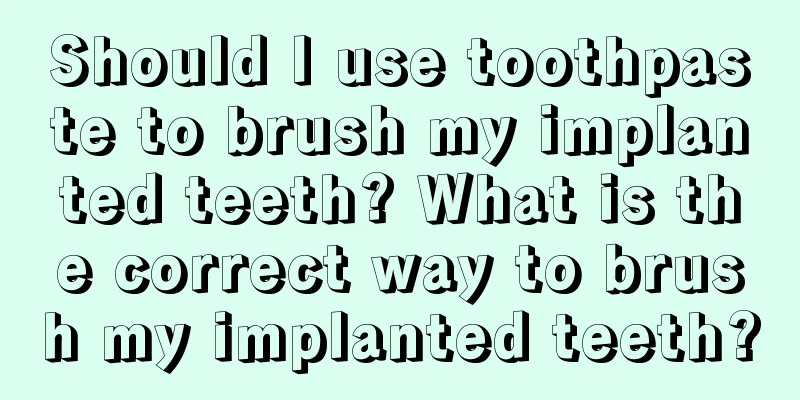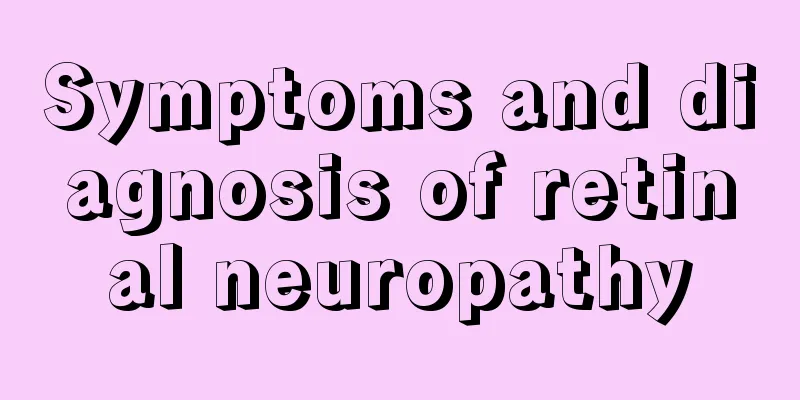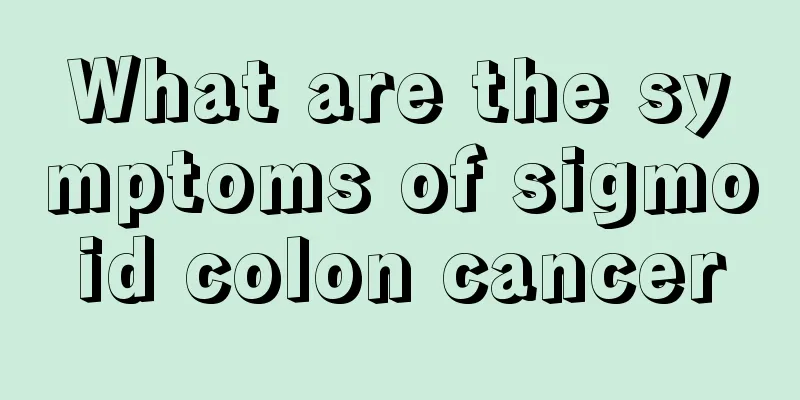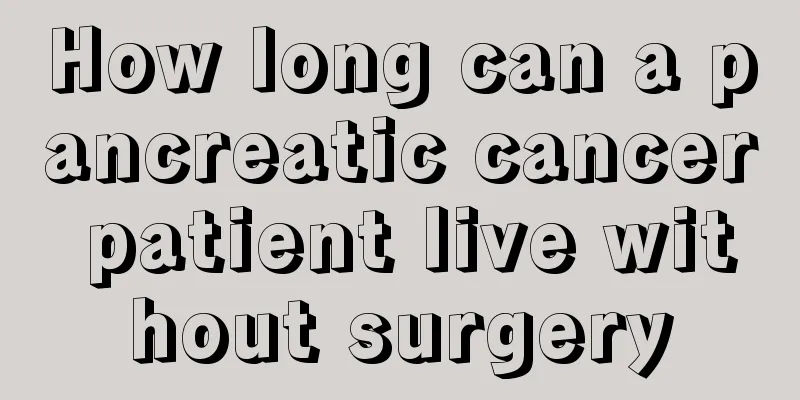Should I use toothpaste to brush my implanted teeth? What is the correct way to brush my implanted teeth?

|
Many people have problems with their teeth. A common method of restoring teeth is dental implants. Brushing teeth after dental implants is very important. The correct brushing method and thorough cleaning will make teeth healthier. Brush your teeth in the morning and evening, and remember to rinse your mouth after meals. 1. Correct way to brush teeth after dental implant ① It is recommended to brush the area where the gums meet the teeth, that is, where the red and white meet. ② After the tooth is implanted, you should follow the principle of gradual progress from soft to hard to exercise the chewing ability of the implanted tooth to prevent excessive force. ③Carry out daily cleaning and care of dental implants. In addition to brushing your teeth once in the morning, noon and evening and rinsing your mouth after meals, you should also pay special attention to the hygiene of your dental implants. Poor cleaning of dental implants can lead to peri-implantitis, and in severe cases, can lead to implant failure. 2. Precautions after dental implant surgery 1. Do not brush your teeth or use clean water within 24 hours after the operation, because frequent gargling can cause bleeding in the mouth. However, you can use mouthwash after meals to prevent food residues from remaining in the mouth. You can eat and drink in moderation 2 hours after the operation, and do not overheat the food. 2. Antibiotics are routinely used after surgery. For simple implant surgeries (small number of implants, short operation time, and good patient recovery), oral antibiotics are given after surgery. Complex implant surgeries require intravenous antibiotics to prevent infection. 3. Due to different physical conditions and surgical procedures of different patients, there may be different degrees of surgical reactions. Some patients will have mild reactions or no reactions or discomfort, while others will experience local edema and bruises, which usually last about 3-5 days. 4. After the operation, the patient generally has only slight dull pain or discomfort and does not need to take painkillers. However, if the patient is sensitive or feels local pain, painkillers can be added on the day of the operation. Under normal circumstances, the patient will no longer have persistent pain 24 hours after the operation. 5. Stitches are routinely removed 7-10 days after surgery. Timely removal can prevent local infection. |
<<: To prevent dry socket, you need to do these
>>: What are the symptoms of lymph follicle hyperplasia at the root of the tongue
Recommend
What foods can cause liver cancer? Dietary considerations for liver cancer patients
What foods can cause liver cancer? Although curre...
The difference between meat crab and roe crab
There is a big difference between meat crabs and ...
Is liver hemangioma serious?
With the increase of life pressure and the occurr...
How to take good care of liver cancer in daily life Introduction to three liver cancer care measures
Liver cancer is a common malignant tumor disease,...
What to do if the skin around the eyes is loose
We often say that the skin is firm, which is actu...
What causes cervical cancer
Cervical cancer is a malignant tumor that origina...
What are the symptoms of lung cancer? 4 common symptoms of lung cancer
Many middle-aged and elderly people may suffer fr...
Can prostate cancer be cured
Prostate cancer is a disease that is very harmful...
There are five main items in the examination of colorectal cancer
The examination of colorectal cancer is very impo...
What causes shortness of breath in summer
Shortness of breath is a very common problem. Man...
How to make a headband
Headbands are what we often call hairpins. They a...
What to do if your gums are always bleeding? These methods can help you
There is no need to worry about occasional bleedi...
How to use soap nuts to wash your hair
Nowadays, advertisements for various shampoos cla...
Clinical significance of acid phosphatase
Acid phosphatase is a substance that is widely pr...
Does lotus root increase milk production or stop milk production? Should you eat it during breastfeeding?
Lotus root is a vegetable that many people like t...









